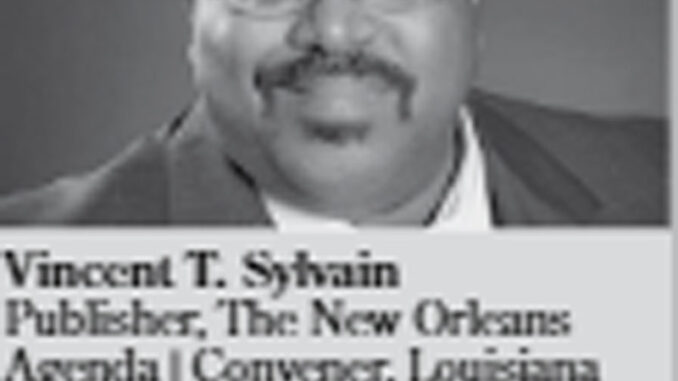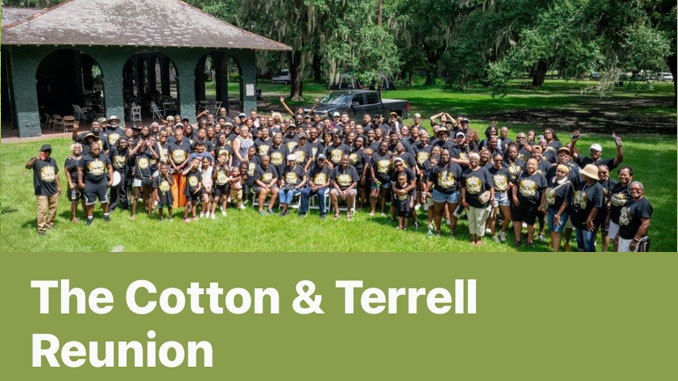
At the center of this fight stands the NAACP Legal Defense Fund (LDF), led by Attorney Stuart Naifeh, whose advocacy is not just legal—it is moral, historical, and deeply rooted in the struggle for Racial Justice. Their argument is clear: the 2024 map, enacted after years of litigation and community mobilization, finally reflects the political power of Black Louisianians, who make up one-third of our state’s population. It corrects the injustice of the 2022 map, which offered only one district where Black voters had a meaningful opportunity to elect candidates of their choice.
Opponents claim that race played too dominant a role in the redistricting process. But this critique ignores the reality of Systemic Discrimination and the legal mandate of Section 2 of the Voting Rights Act, which requires states to ensure fair representation for historically marginalized communities. As Naifeh and the LDF Team argued before the Court, the new map satisfies both the VRA and the Equal Protection Clause of the 14th Amendment—a balance that is not only lawful but essential to a functioning Multiracial Democracy.
Let us be clear: this case is not just about lines on a map. It is about the soul of our democracy. It is about whether Black voters in Louisiana—and across the nation—will continue to be denied equal political power through gerrymandering cloaked in Constitutional Rhetoric. It is about whether the Supreme Court will uphold decades of precedent that protect the right to vote for all Americans, not just the privileged few.
As someone who has witnessed the resilience of New Orleans communities and worked to amplify their voices, I stand firmly with the NAACP Legal Defense Fund. Their work in Louisiana v. Callais is a continuation of the Legacy of Thurgood Marshall, Charles Hamilton Houston, and so many others who fought to make democracy real for all.
We must not allow this moment to pass quietly. We must raise our voices, support the LDF, and demand that the Supreme Court affirm the right of Black Louisianians to be fairly represented. Because when democracy is on trial, silence is complicity.
Recommended For You.



Be the first to comment